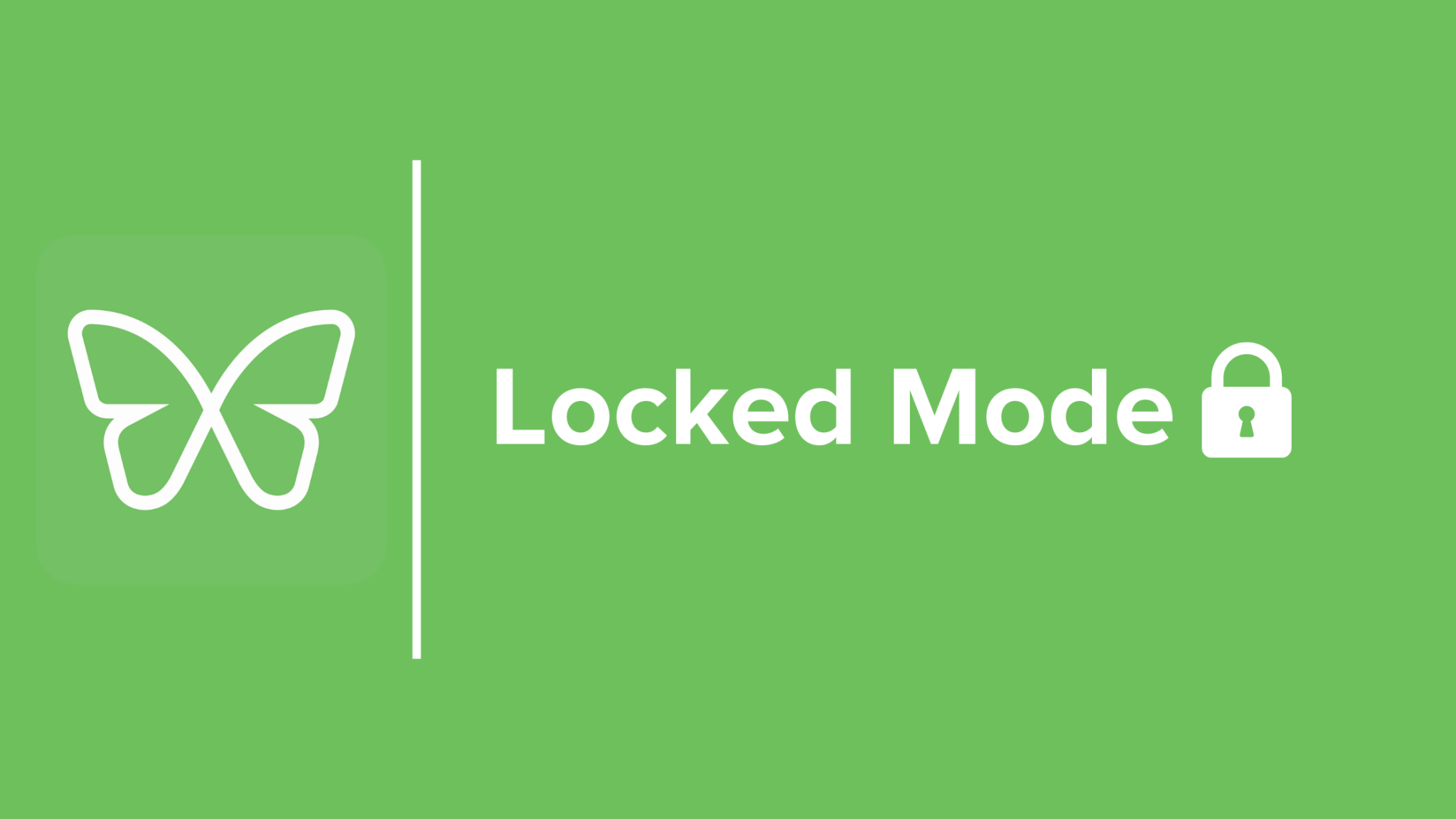ADHD Coach Gloria Sherrod: Finding Focus in a Distracted World

From time to time, all of us have difficulty finding focus and concentration to get things done. However, for those affected by ADHD, finding focus in daily life can seem like a task of herculean proportion.
This week we decided to sit down with Gloria Sherrod, a licensed professional counselor and ADHD coach who has years of experience providing counseling services to children, adolescents, and adults. In addition to her counseling work, Gloria also provides coaching services, trainings, and is passionate about advocating for equity in education, access to care, and ending mental health stigma.
By now, you’ve likely heard of ADHD or Attention-Deficit/Hyperactivity Disorder. It’s estimated that ADHD affects roughly 7 percent of children 18 and under, and 3.4 percent of adults worldwide. In the US alone, it’s estimated that roughly 8 million adults are affected by ADHD – although it’s often noted that most cases of ADHD go undiagnosed.
Although there are three different presentations of the disorder, ADHD is generally characterized by problems with hyperactivity, impulsivity, and inattention that often seep into all corners of one’s life.
So this week we decided to sit down with Gloria to learn a little more about her work, the challenges posed by distracting tech to those with ADHD, and how those with ADHD can overcome some of the most common productivity pitfalls.
First of all, how did you get into your field? What first got you interested in coaching and counseling those with ADHD?
I knew what I wanted to do since I was a Junior in High School. I was going through a lot at the time, probably in large part due to my undiagnosed ADHD. When I took my ACT, there was a portion of the test where it asked questions about best career fit. My results came back that I would make a great counselor, and it just felt right so that’s what I went to college for. Now I am positive I made the right choice and I love what I do.
During my Masters Program, I started getting a bunch of ideas for books I could write and later ended up in a conversation with a friend about which topic I should write about. She started talking to me about her child with ADHD and how they received the diagnosis but knew nothing about it and this was challenging. After that, I started seeing this issue more and more. I was working in a University Counseling Center and an Elementary School and I kept seeing this need for ADHD education but also a lack of resources. I knew there was a gap that needed to be addressed. Adults with ADHD were often undiagnosed or didn’t know their diagnosis would follow them into adulthood in such a huge way. I ended up doing my Masters final project on ADHD and completing my book and I fell deeper in love with the work so I made it my career. It wasn’t planned this way but it worked out exactly how it was supposed to.
For those that might be unfamiliar with how ADHD and ADHD coaching, would you give us a general overview of the types of things ADHD people struggle with and how you go about helping clients. Could you briefly summarize the three types of ADHD and outline the specific challenges of each type?
There is ADHD inattentive type, hyperactive/impulsive type, and combined type. Hyperactive/Impulsive type is the stereotypical presentation we tend to think of when we imagine ADHD. A lot of energy, being chatty, moving around a lot, being forgetful, and all of that. Inattentive type is the type that is often missed by teachers, parents, and doctors. With inattentive type, there are typically difficulties with paying attention for long periods of time, organizing, planning, and forgetting things. Then combined is a mixture of both. It is possible for people to be hyperactive at one point in their lives and inattentive at another. They are all really the same thing with a different outside presentation which is why they changed it from being a separate diagnosis of ADHD and ADD to just one with different subtypes.
The clients I work with are often struggling to manage their households, stay on task with their work, stay on top of assignments, organize their homes, maintain healthy relationships, or keep up with finances. Coaching offers an opportunity for me to help people to apply new approaches to these things in a way that works best for their brain. We grow up in a society that tells us how we are supposed to do things or how we have to do things, and that often does not work for those with ADHD. The coaching process is learning to be open to new ideas, accepting that what we were originally taught isn’t always what’s best and going from there. I meet with clients once a week and also follow up with them through the week to help them stay motivated and answer any questions they may have along the way.

With the rise of distracting and addicting technologies, have you noticed any shifts or patterns with the types of problems people with ADHD are now having?
Absolutely. Technology provides that instant gratification and dopamine boost that those with ADHD crave and really need. This can create an extra layer of distraction that everyone has but is especially disabling and harder to resist for those with ADHD. On another hand, technology has helped people with ADHD be able to keep up with things in a way they couldn’t before so it’s a double-edged sword. I rely on this technology for my coaching and it’s wonderful in that way.
What is one lifestyle change or strategy that someone with ADHD can make that will almost immediately impact their quality of living?
I would say exercise is huge. It helps release those neurotransmitters naturally that are dysregulated in those with ADHD. It is also something that can be applied in small ways like taking regular walks or implementing more movement into your everyday life.
Those with ADHD often struggle with motivation – what are some of the tools and strategies you recommend that can help your clients move past the pitfall of lack of motivation?
Motivation with ADHD is based upon very specific conditions that differ from neurotypical people. Where those without ADHD know they need to do something, and that it’s important, so they do it even if they really don’t want to. Those with ADHD have a more difficult time feeling motivated by the simple thought that something is important. It isn’t all the same for every person with ADHD, but people with ADHD are motivated by novelty, urgency, competition, passion/interests, solving complex problems, creativity, and feeling like someone is depending on us. Again, they don’t all apply to everyone but generally, these are good motivators for the ADHD brain. I recommend those with ADHD make mundane tasks as interesting as they can and that they find a career path that naturally has some component of the things that motivate them. Something they’re passionate about, that creates urgency in their everyday tasks or provides an opportunity to solve problems creatively.

In what ways can employers ensure their companies are better accommodating for those with ADHD, and other neurodivergent people in general?
I would say the first step is being open to the ways other people work. The more rigid we are about the way things should be done in the workplace, the more barriers we create for people who do not operate in that way or more importantly cannot operate in that way. We also need to create an environment where people feel comfortable asking for the things that they need to work best. A lot of people tell me they don’t know how to ask for help, accommodations, or flexibility because they are afraid they’ll be turned down or judged because of the stigma.
Finally, I would say we need to take time to understand people and not assume intentions as much as possible. It is easy to make judgments about a person’s lack of performance and interpret it in a way that does not place that person in a good light. We must consider that people might be struggling with their neurodivergence and this also can lead them to not ask for help because they are in a perpetual state of internal chaos so they do not know how or when they should ask for help from others. One more thing actually, health insurance coverage with mental health benefits is huge as well as perhaps offering to pay for coaching for employees who are struggling if you have that capacity. If you need more creativity in your workplace I would strongly recommend this. You’ll end up with the best of both worlds from that person.
We must consider that people might be struggling with their neurodivergence and this also can lead them to not ask for hlep because they are in a perpertual state of internal chaos so they do not know how or when they should ask for help.
What are some of the benefits of having ADHD when it comes to work and focus? How could someone with ADHD maximize those benefits and use them to their advantage?
People with ADHD naturally think outside of the box. While neurodivergent people tend to stick to the status quo or feel more comfortable with the way things are conventionally done, people with ADHD are always looking for a new or better way to approach problems. This can be a huge asset to companies who are looking to innovate and stay fresh and new. People with ADHD often also have the power of hyperfocus when it comes to certain things they are passionate about. We can often work for hours on end doing great work when it comes to these things. Especially if a job offers flexibility regarding when work is done, this can be a huge asset. Finally, I would say that people with ADHD are overall very hard workers and have a lot of grit. When you grow up having to work harder than everyone else to achieve the same things, we often grow greater endurance for things that are difficult.
How would you recommend someone with ADHD structure their day in order to maximize their productivity and minimize stress?
People with ADHD thrive with structure but hate being confined to structure at the same time. I would say building a general routine is extremely helpful in order to keep tasks where they belong instead of doing everything and anything all the time which can be a barrier to productivity. Many people with ADHD do things as they think of them and this often happens when there isn’t a general time set aside for the task that comes to mind. Working with an ADHD coach can be a huge help for building a routine that is comfortable for you if you are having trouble doing it on your own.
To learn more about Gloria, her work, or services you can visit her site at GloriaJoySherrod.com


